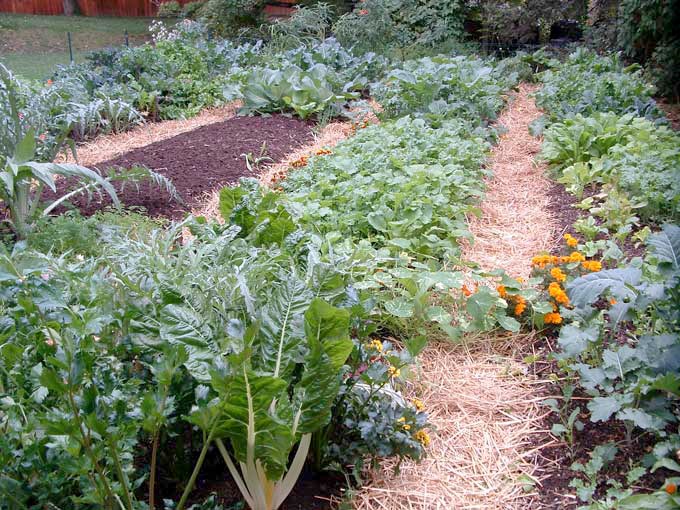From looking and tasting so great, our vegetable gardens can go sideways very quickly at this time of year. Insects and diseases are in full force right now, so we need to be on top of our game to keep that fresh produce coming.
First, tomatoes. Early blight can hit around July 15th and generally speaking is not a big concern but to be on the safe side, do not water the foliage of your tomato plants. Around Aug. 15 is when the problematic late blight usually hits and that’s when it really becomes essential to keep the foliage dry and possibly apply copper spray as a mist every ten days so your tomatoes remain blight-free.
If there is a deficiency of calcium in your tomatoes, blossom end rot can also appear at this time of year. The easiest solution is to apply lime as soon as possible - a small handful around each plant is fine.
If your tomato leaves are badly curled, the culprit is usually the potato leaf roll virus. It causes the leaves to look unattractive and can impede the health of the plant. To combat this situation, simply take better care of feeding and watering your plants and they will still produce.
Those cute little white butterflies you see flitting here and there on your brassicas are the dreaded cabbage butterfly moths. For organic control, use the bacterial spray BTK once a week to stop them from chewing the leaves to pieces.
Spinach, beets and swiss chard are being attacked by leaf miners that leave brown patches full of eggs on the leaves. Hand picking the affected leaves as they appear is a great way to keep ahead of them or laying Remay cloth (row cover) over the foliage will keep them away so you can have healthy clean leaves to enjoy.
If your root crops are small and puny, try feeding with some nutrients like 10-15-19 fertilizer with micro-nutrients or the organic fish fertilizer Mor Bloom 0-10-10 to size them up. This works for potatoes too.
Mildew can be rampant on cucumbers, squash and pumpkins at this time of year because we are watering the leaves in the evening. Squash and pumpkins are desert plants and need to be dry – only water them if they are severely wilted but again, be sure to keep the foliage dry. This will also prevent small squash-like zucchinis from dropping off. Cucumbers need water down deep to keep them sweet and not bitter but please water them in the morning so that their leaves dry during the day.
Empty spaces in the veggie garden are such a shame because there is still so much time left for re-cropping. Some growers continue providing fresh transplants right through the summer, so pop in a few for a great return on your investment and your time. As early, mid and late August arrive, having spots for winter vegetables is a wonderful way of keeping your garden going well into winter.
Food gardens are under pressure at this time of year, so keep on the lookout for summer insects and diseases. Close observation and a little TLC will go a long way.



